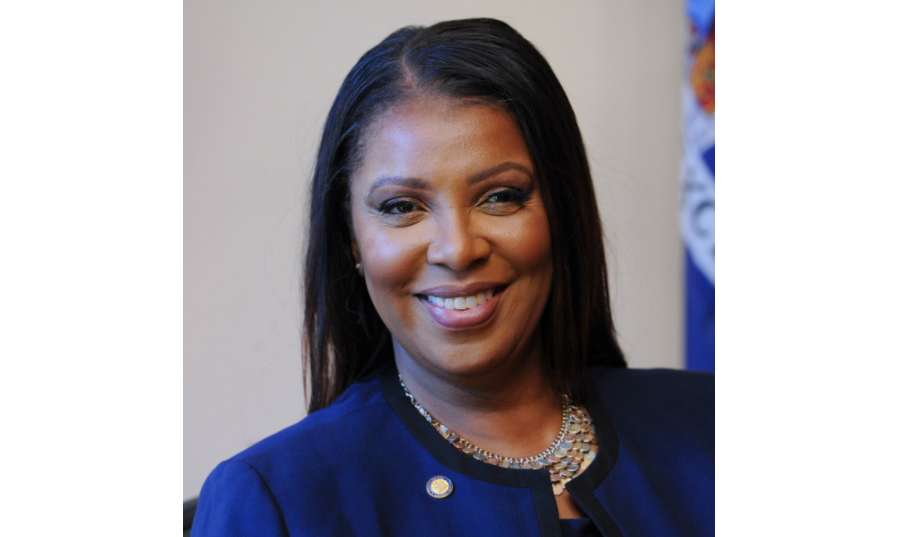New York AG Report Slams Broadband Net Neutrality Campaign
Says companies did not break law, but ignored red flags on bogus FCC comments

The smarter way to stay on top of the multichannel video marketplace. Sign up below.
You are now subscribed
Your newsletter sign-up was successful
New York State has completed its investigation into comments in the FCC's net neutrality rule proceeding, concluding that millions of fraudulent comments were submitted by lead generators employed by broadband companies, but the office of Attorney General Letitia James said it found no evidence those companies had direct knowledge that the lead generators were engaging in fraud.
The three companies generating the bogus comments — Fluent, Inc.; Opt-Intelligence, Inc.; and React2Media, Inc. — agreed to pay $4.4 million in penalties and disgorgement.
Nonetheless, the report was a scathing condemnation of broadband companies, as indicated by the report's title, "How U.S. Companies & Partisans Hack Democracy to Undermine Your Voice."
The report did conclude that the broadband industry funded a "secret campaign" to generate millions of comments, saying it was to provide "cover" for their support of the FCC's repeal of net neutrality rules. "The effort was intended to create the appearance of widespread grassroots opposition to existing net neutrality rules, which — as described in an internal campaign planning document — would help provide “cover” for the FCC’s proposed repeal," the report said.
Also Read: AG Letitia James: Internet-Related Complaints Top New York List
Despite the finding, the broadband companies had broken no laws. The report said their conduct raised "serious concerns," including that the campaign organizers at those broadband companies "ignored several significant red flags as to the authenticity of the comments that were generated and the integrity of the process."
They said lack of oversight of the lead generators provided a fertile field for fraud.
The smarter way to stay on top of the multichannel video marketplace. Sign up below.
"Instead of actually looking for real responses from the American people, marketing companies are luring vulnerable individuals to their websites with freebies, co-opting their identities, and fabricating responses that giant corporations are then using to influence the polices and laws that govern our lives," said James of the report.
Her office also had some advice for the future, including to:
- "Advocacy groups to take steps to ensure they have obtained valid consent from an individual before submitting a comment or message to the government on their behalf,
- "Agencies and legislatures that manage electronic systems that receive comments and messages to hold advocacy groups and their vendors more accountable for the comments they submit on behalf of individuals,
- "Lawmakers to strengthen laws to deter the submission of deceptive and unauthorized comments to the government, and
- "Agencies to adopt technical safeguards to protect against unauthorized bulk submissions using automation."
Three years ago, then New York State Attorney Eric Schneiderman launched an investigation into whether comments wrongfully used New Yorker's identities without their knowledge or consent.
That came after a Pew Research report found that many of the 21.7 million comments "seemed to include false or misleading personal information."
Contributing editor John Eggerton has been an editor and/or writer on media regulation, legislation and policy for over four decades, including covering the FCC, FTC, Congress, the major media trade associations, and the federal courts. In addition to Multichannel News and Broadcasting + Cable, his work has appeared in Radio World, TV Technology, TV Fax, This Week in Consumer Electronics, Variety and the Encyclopedia Britannica.

